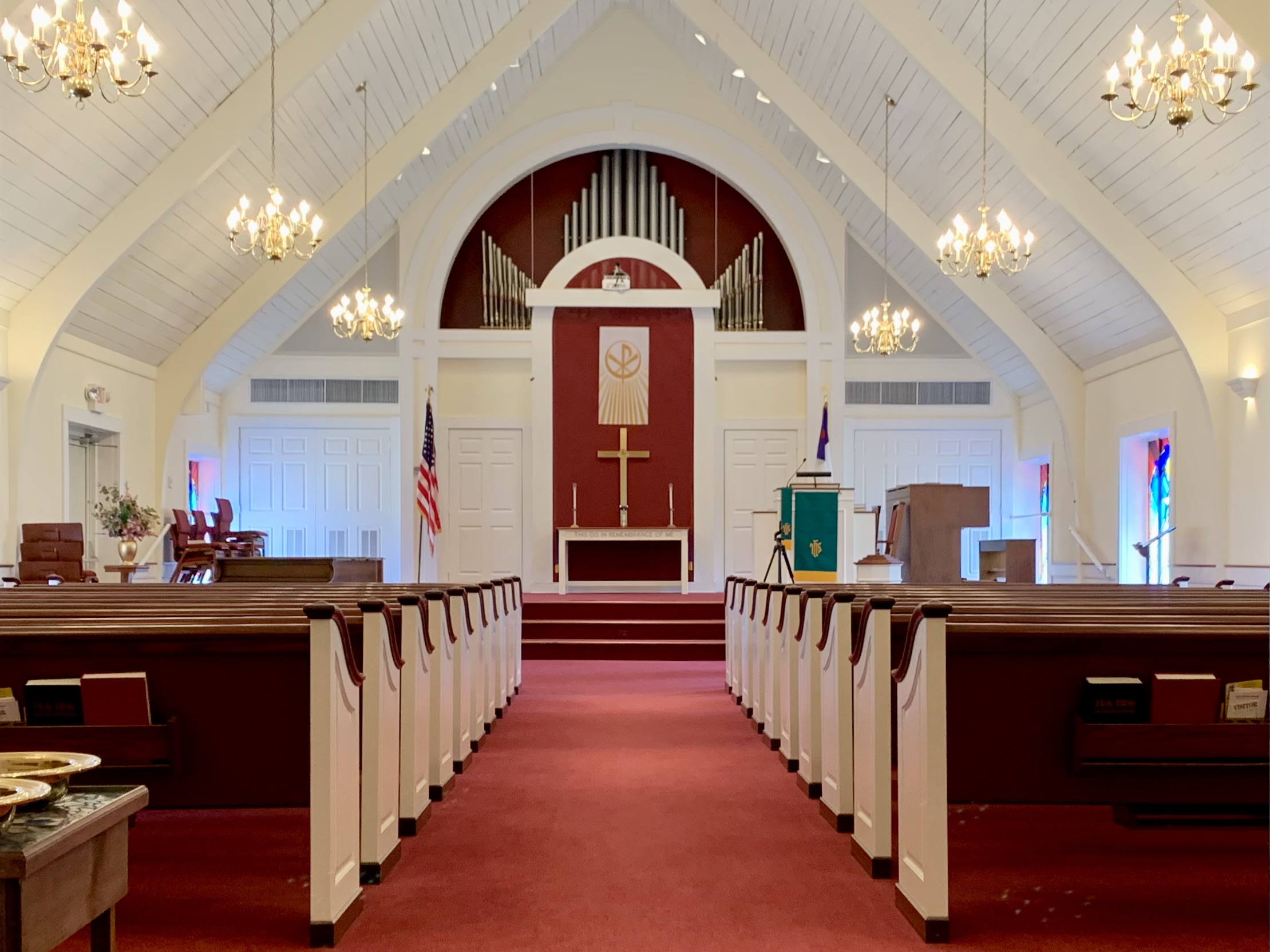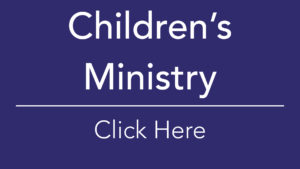Welcome to Northminster
Join us this Sunday!
Upcoming Events
The Latest from our blogs…

News & Announcements for April 21, 2024
Posted on Apr 18, 2024 by David Garrison in Announcements, General, HomePage, News | 1

JOIN US FOR SUNDAY SCHOOL
If you’re looking for an opportunity to grow as a disciple of Jesus Christ, we encourage you to join us Sunday mornings for a intergenerational Sunday school class, from 9:00-10:00. We look forward to seeing you!
UNRAVELING REVELATION – COMING SOON
If there’s one book of the Bible that people have questions about or don’t understand, it’s the very last book, the Book of Revelation. It many respects, it is one of the most unique books in the entire Bible, bringing together all sorts of unusual imagery and confusing language. It’s become quite popular to read it in such a way as to try to unlock the secrets to the future, but doing so actually robs the book of its true power and import. Revelation isn’t so much about the future as it is a field guide to dissident discipleship in the here and now. Join us for Sunday School as we seek to Unravel Revelation.
APRIL MISSION FOCUS: NEIGHBORS HELPING NEIGHBORS
Our mission focus for the month of April is Neighbors Helping Neighbors which assists individuals in Amherst County in overcoming food insecurity. They also help connect those in need to area resources that can help build self-sufficiency and quality of life. You may make a donation by specifying NHN on your check memo line.
WOMEN’S BIBLE STUDY – MONDAY, May 6, 7PM
The Women’s Bible Study will meet on Monday, May 6th at 7:00 p.m. at the church. June Hedrick will be our facilitator and hostess this month. We are using the book, The Love Stories of the Bible Speak by Shannon Bream. This month, we will be studying David and Abigail – The Rebel and the Peacemaker. Ladies, read your book and complete your workbook! Bring a friend. As always, if you don’t get your homework done, come anyway!!
Read more...

April 2024 Pastor’s Corner — Refuge
Posted on Apr 11, 2024 by David Garrison in Christian Living, HomePage, Pastor's Corner, Spiritual Growth, Worship | 4

Hear the voice of my pleas for mercy, when I cry to you for help, when I lift up my hands toward your most holy sanctuary. — Psalm. 28:2
As I come to a half-century of walking this earth, I find that the frenetic nature of our culture is wearing on me more often than not. Everything seems to operate at a “hurry up and wait” pace that leaves me stressed and exhausted, and there are few places to go to find a respite from it. Social media stirs up my anxiety and my discontent. The news stirs up my fears and worries. The pleasure of eating out is often tainted by slow service due to understaffed restaurants and higher prices due to supply chain issues. The advancements of technology that were meant to improve the quality of our lives (and in many ways it has) seems to have had the opposite effect more often than not. It’s not just our youth and children whose faces are plastered to their phones, but all generations. Instead of having more time to rest and relax, we are constantly pushed to do more in less time. We need sanctuary. Sanctuary from the frenetic pace of our culture, our lives, and our selves.
“Sanctuary” is defined as “a place of refuge or safety.” For thousands of years, the spaces we set aside for encountering God have been called a sanctuary. Even still today, we refer to these spaces as a sanctuary, and in those spaces we experience and do things that are different than any other place to which we go. A sanctuary is an inherently counter-cultural space, it is intrinsically different from anywhere else in our lives. Everywhere else we go is designed to meet some need or want in our lives. We want to go to those places because we expect them to do something for us. A sanctuary, though, is different. We do things in a sanctuary that is unlike anything else we do, anywhere else. The sanctuary provides refuge and safety because it enables us to look beyond ourselves, to see and experience God.
The fundamental flaw with the typical rhythms of our lives is that it all revolves around us. I structure my life in order to meet my wants and needs. “I” am the center of my life. While that’s somewhat obvious, it is also the primary problem, because “I” can not satisfy myself. “I” can not meet the deepest longings of my soul, as hard as I might try. And trying is exhausting. What we do in a sanctuary is designed and intended to move our eyes off our navels and onto the cross. Away from myself, and onto the Lord. In the sanctuary, we move from the familiar to the unfamiliar. From what we know to what we don’t. From what we want to Who we need. In the sanctuary, we are reminded that we are not the center of the universe, or even our lives. That it’s not always all about me, or you, but rather about Him.
Ultimately, sanctuary isn’t a particular place but rather a Person, Jesus Christ. And technically we can find sanctuary wherever we find Him, which is anywhere. But practically we need particular places of sanctuary, spaces intended for refuge and safety for our souls. Places where we do things differently than anywhere else in our lives, where we worship our God, confess our sins, receive His word, practice His sacraments. Come to the sanctuary, and find refuge and safety from the frenetic world in which we live.
But I will sing of your strength; I will sing aloud of your steadfast love in the morning. For you have been to me a fortress and a refuge in the day of my distress. — Psalm 59:16
Blessings,
Rev. David Garrison
Read more...

News & Announcements for April 14, 2024
Posted on Apr 11, 2024 by David Garrison in Announcements, General, HomePage, News | 4

JOIN US FOR SUNDAY SCHOOL
If you’re looking for an opportunity to grow as a disciple of Jesus Christ, we encourage you to join us Sunday mornings for a intergenerational Sunday school class, from 9:00-10:00. We look forward to seeing you!
GLEANING FOR THE WORLD – WEDNESDAY, APRIL. 17, 8:30AM
Please join us in the parking lot of the church for carpooling. We will return to the church around 11:30 am.
WOMEN’S BOOK CLUB – THURSDAY, April 18, 10AM
The Women’s Book Club will meet on Thursday, April 18th at 10:00 am at June Hedrick’s home. Our book this month is Wish You Were Here, by Jodi Picoult.
UNRAVELING REVELATION – COMING SOON
If there’s one book of the Bible that people have questions about or don’t understand, it’s the very last book, the Book of Revelation. It many respects, it is one of the most unique books in the entire Bible, bringing together all sorts of unusual imagery and confusing language. It’s become quite popular to read it in such a way as to try to unlock the secrets to the future, but doing so actually robs the book of its true power and import. Revelation isn’t so much about the future as it is a field guide to dissident discipleship in the here and now. Join us for Sunday School as we seek to Unravel Revelation.
APRIL MISSION FOCUS: NEIGHBORS HELPING NEIGHBORS
Our mission focus for the month of April is Neighbors Helping Neighbors which assists individuals in Amherst County in overcoming food insecurity. They also help connect those in need to area resources that can help build self-sufficiency and quality of life. You may make a donation by specifying NHN on your check memo line.
Read more...

News & Announcements for April 7, 2024
Posted on Apr 5, 2024 by David Garrison in Announcements, General, HomePage, News | 0

JOIN US FOR SUNDAY SCHOOL
If you’re looking for an opportunity to grow as a disciple of Jesus Christ, we encourage you to join us Sunday mornings for a intergenerational Sunday school class, from 9:00-10:00. We look forward to seeing you!
UNRAVELING REVELATION – BEGINNING SUNDAY, APRIL 14
If there’s one book of the Bible that people have questions about or don’t understand, it’s the very last book, the Book of Revelation. It many respects, it is one of the most unique books in the entire Bible, bringing together all sorts of unusual imagery and confusing language. It’s become quite popular to read it in such a way as to try to unlock the secrets to the future, but doing so actually robs the book of its true power and import. Revelation isn’t so much about the future as it is a field guide to dissident discipleship in the here and now. Join us for Sunday School beginning April 14th as we seek to Unravel Revelation.
WOMEN’S BIBLE STUDY – MONDAY, April 8, 7PM
The Women’s Bible Study will meet on Monday, April 8th at 7:00 p.m. at the church. Barbara Baker will be our facilitator and hostess this month. We are using the book, The Love Stories of the Bible Speak by Shannon Bream. This month, we will be studying Ruth & Boaz – Second Chances. Ladies, read your book and complete your workbook! Bring a friend. As always, if you don’t get your homework done, come anyway!!
MISSION FOCUS FOR APRIL: NEIGHBORS HELPING NEIGHBORS
Our mission focus for the month of April is Neighbors Helping Neighbors which assists individuals in Amherst County in overcoming food insecurity. They also help connect those in need to area resources that can help build self-sufficiency and quality of life. You may make a donation by specifying NHN on your check memo line.
Read more...

News & Announcements for Easter Sunday, March 31, 2024
Posted on Mar 28, 2024 by David Garrison in Announcements, General, HomePage, News | 1

NEWS & ANNOUNCEMENTS
JOIN US FOR SUNDAY SCHOOL
If you’re looking for an opportunity to grow as a disciple of Jesus Christ, we encourage you to join us Sunday mornings for a intergenerational Sunday school class, from 9:00-10:00. We look forward to seeing you!
UNRAVELING REVELATION – BEGINNING SUNDAY, APRIL 14
If there’s one book of the Bible that people have questions about or don’t understand, it’s the very last book, the Book of Revelation. It many respects, it is one of the most unique books in the entire Bible, bringing together all sorts of unusual imagery and confusing language. It’s become quite popular to read it in such a way as to try to unlock the secrets to the future, but doing so actually robs the book of its true power and import. Revelation isn’t so much about the future as it is a field guide to dissident discipleship in the here and now. Join us for Sunday School beginning April 14th as we seek to Unravel Revelation.
WOMEN’S BIBLE STUDY – MONDAY, April 8, 7PM
The Women’s Bible Study will meet on Monday, April 8th at 7:00 p.m. at the church. Barbara Baker will be our facilitator and hostess this month. We are using the book, The Love Stories of the Bible Speak by Shannon Bream. This month, we will be studying Ruth & Boaz – Second Chances. Ladies, read your book and complete your workbook! Bring a friend. As always, if you don’t get your homework done, come anyway!!
HELPING HANDS OFFERING – THIS MORNING
Each 5th Sunday, any undesignated offerings placed in the collection plates go to Helping Hands, a ministry of churches in the Madison Heights-Elon area of Amherst County to help residents in need. It is administered through Madison Heights Baptist Church. Thank you for helping us meet the needs of those in our community!
MISSION FOCUS FOR MARCH: GLEANING FOR THE WORLD
Our mission focus for the month of March is Gleaning for the World which provides relief supplies to those in need. You may also make a donation by specifying GFTW on your check memo line.
Read more...









